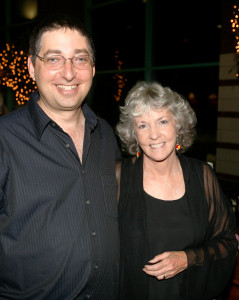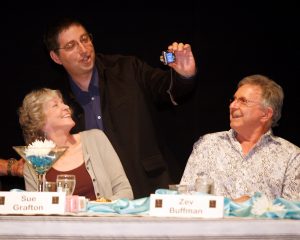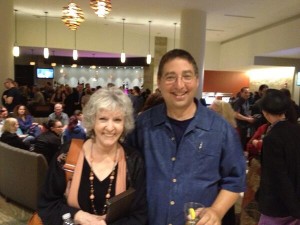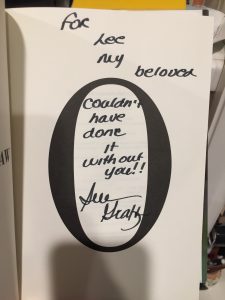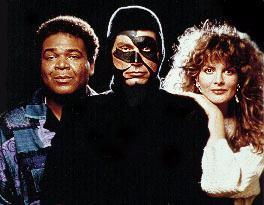I know I’ve been very quiet lately… but that’s because I have been so busy!
Edison Bixby is coming
Today I delivered my new novel, Edison Bixby, to my publisher, a couple of weeks before my deadline. The novel is about a ridiculously wealthy (and amazingly attractive) LAPD homicide detective, an expert on how the “built world” influences behavior, who suffers a career-ending injury… and now solves baffling murders with the help of a struggling actor. It’s a comedic whodunit, closer in tone to my sixteen Monk novels than the various police procedurals and the action-adventure novels I’ve been writing for the last decade or so.
It’s not that I don’t love writing those books – I do and there will be more of them – but I was itching to write my own take on the traditional whodunit, to create an extraordinarily clever detective who uses his unusual skills, and unique perspective on the world, to solve crimes that nobody else can.
I guess you could call Edison Bixby a twisted mash-up of Columbo, Monk, Burke’s Law, Nero Wolfe, and Sherlock Holmes. Whatever it is, it was blast to write. The downside, though, was that it took an enormous amount of research. My author’s note at the end of the book reads more like the bibliography for a thesis than a thank-you and over-view of my research. But at least now I have all the information I need to keep on writing more Bixby mysteries… assuming enough of you like the book when it comes out next summer.
Hidden in Smoke is here
In the meantime, Hidden in Smoke, the third Sharpe & Walker novel (about a team of arson investigators) and the second cross-over with my long-running Eve Ronin series (about a relentless young homicide detective), just came out a few weeks ago. It has been selling great, and has scored some of the best reader reviews I’ve ever had, so it wouldn’t surprise me if there will be another Sharpe & Walker novel in my future and yours.
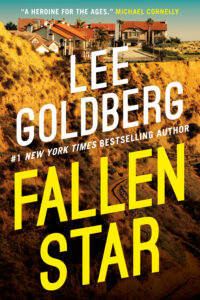 Eve Ronin is coming back
Eve Ronin is coming back
And coming this October is Fallen Star, the sixth Eve Ronin novel, and a cross-over with the Sharpe & Walker series. I am very excited about the book, because it pulls together strands from the previous Ronin novels into a new mystery that imperils both Eve’s career and her life. The book stands alone, but will pack a stronger punch of you’ve read Bone Canyon (Eve #2), and Movieland (Eve #4). So you might want to read those two novels first…if you haven’t already. There’s are two surprise cameos in the book for those of you familiar with my backlist…
Speaking of Eve Ronin, there is some big TV news about her that I have been keeping to myself and have been itching to share. I still can’t give you any specific details. But I will say this much – an actress you know and love is attached to play Eve, a terrific showrunner is developing the series, and I have high hopes things will come together soon.
I’m Returning to TV…
Also on the TV front, a big studio behind some of your favorite crime shows and a great team of writers and producers are developing a series version of my genre-bending novel Calico…and I can’t wait to see what they come up with. They have some fantastic ideas for expanding on the novel and for using some material I cut from the original manuscript (as well as incorporating some of my ideas for the sequel).
And speaking of TV shows, I’m presently hard-at-work for my old friend Robin Bernheim, with whom I co-created the hit Hallmark series Mystery 101, as a co-exec producer and writer on a presently-untitled new mystery series starring Brooke Shields for AMC/Acorn. Not only do I get to work with Robin on this delightful show, but also with my good buddy Phoef Sutton, the Emmy-Award winning writer/producer of Cheers and Boston Legal, among many other series. And, like me, Phoef co-authored books with my friend Janet Evanovich.
Phoef and I are drawing heavily on our mystery writing and co-authoring experiences for this series, which is about a hugely successful author who reluctantly teams up with a young woman, an inexperienced “true crime” podcaster, to write her next crime novel…and they end up solving murders together. I think of it as mash-up of Murder, She Wrote and Hacks…with a touch of Remington Steele and Lucille Ball thrown in. Casting is underway on the six-episode first season, which starts shooting soon…so watch for news.
What’s Next?
And in the midst of all that, while I’m waiting to hear what my publisher wants me to write next (will it be Eve Ronin #7, Sharpe & Walker #4, or Edison Bixby #2? I don’t know), I am back to work on a standalone crime novel set in Baker, CA.
I’ve been researching my “Baker” novel off-and-on for years, but made a big effort back in December 2024 and January 2025, reading a ton of books and articles, and spending days out in the Mojave interviewing sheriff’s deputies, firefighters, teachers, and residents. I was a quarter of the way into writing the book when I got the contract for Edison Bixby…and then got hired on Robin’s show. So I had to set the manuscript aside. But now that Bixby is in, and the scripts for the show are nearly complete, I’ve opened up my research binders and am slowly picking up where I left off…
So that’s the latest from me and my desk… and again, I apologize for being so quiet lately (aside from my relentless self-promotion, of course)… but the good news is it means you’ll be getting a lot more books and TV shows from me over the next twelve months or so.


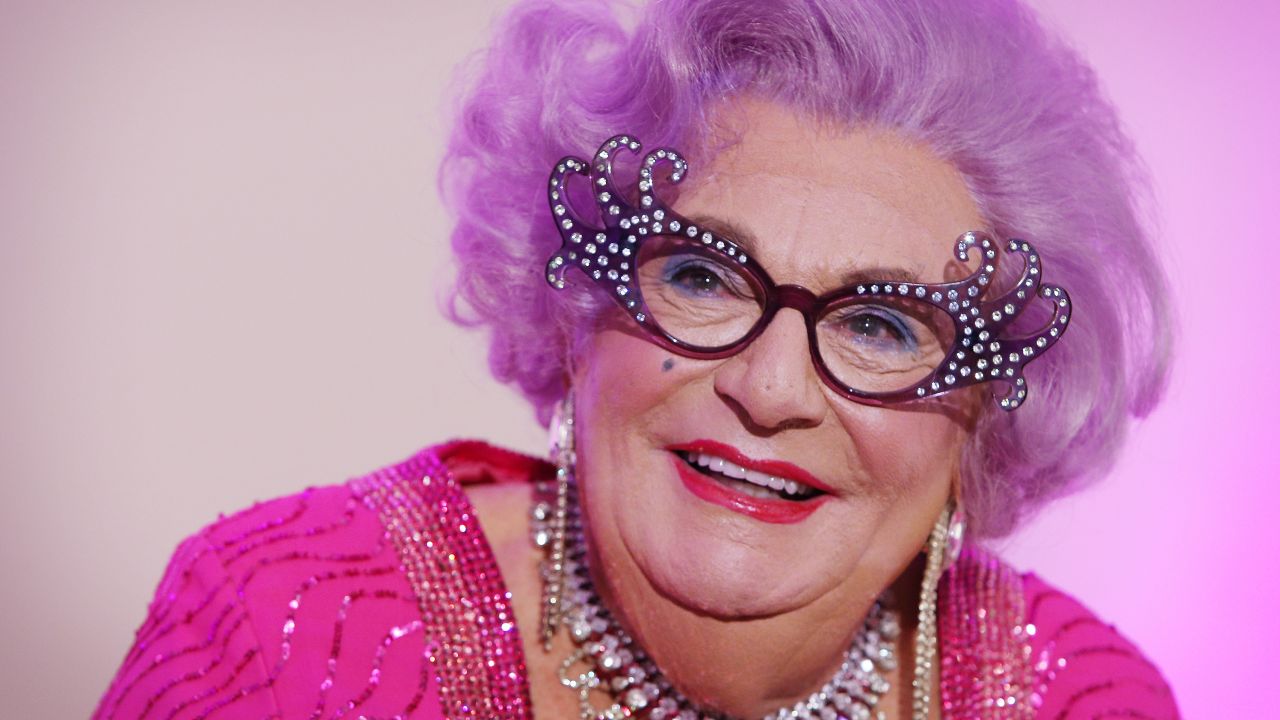
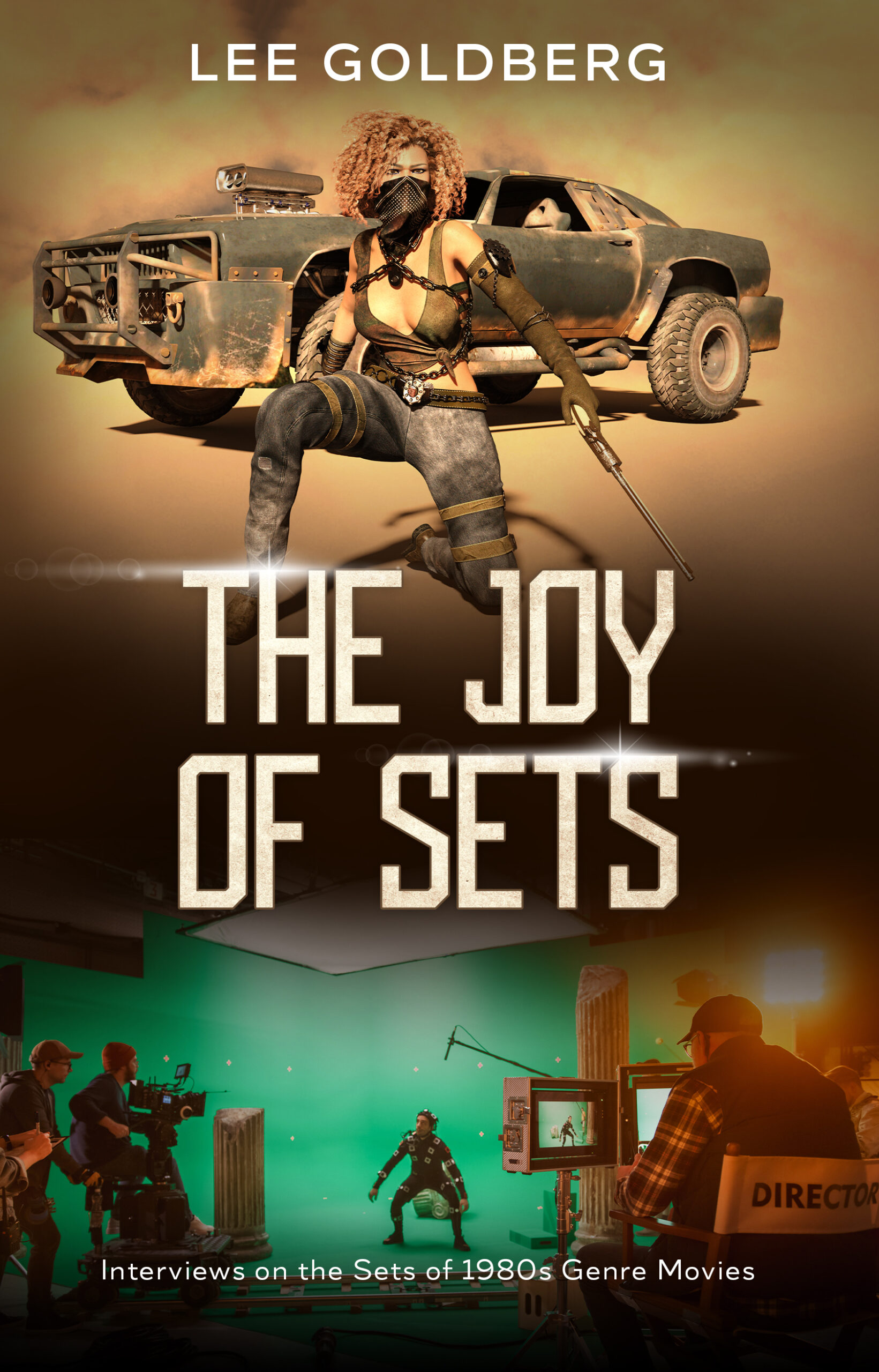
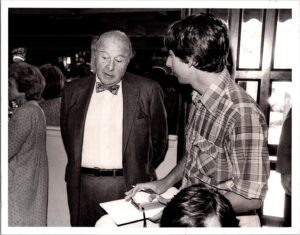


 How to never sell your book…
How to never sell your book…
